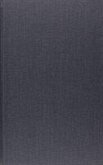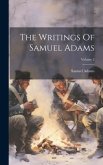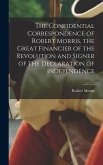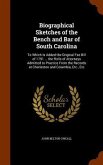This third and final volume in the series completes the known extant correspondence of Richard Price (1723-1791). Perhaps best known as a political philosopher, Price made significant contributions to Anglo-American intellectual life in the late eighteenth century in a variety of fields. This remarkable collection of letters, most previously unpublished, is impressive for the breadth of topics covered--religion, theology, politics, education, liberty, finance, demography, and insurance. Price's correspondence with Adams, Franklin, Jefferson, Rush, and other Americans concern the issues of slavery, the rebellion in Massachusetts, use of paper money, opposition to the establishment of religion, and the status of the federal government. Letters to Priestly, Lansdowne, and others in Britain are about science and technology, the crisis in the United Provinces, armed neutrality, the national debt, revolution, religious sects, and foreign relations. In his correspondence with French leaders following the fall of the Bastille, particularly with le Duc del la Rochefoucauld, Price expresses his high hopes for the growth of civil and religious freedom in France. Indispensable for an understanding of the work of one of the best known and most distinguished Welshmen of the eighteenth century, this book—and the series—will also be of interest to those who study the history of ideas.








